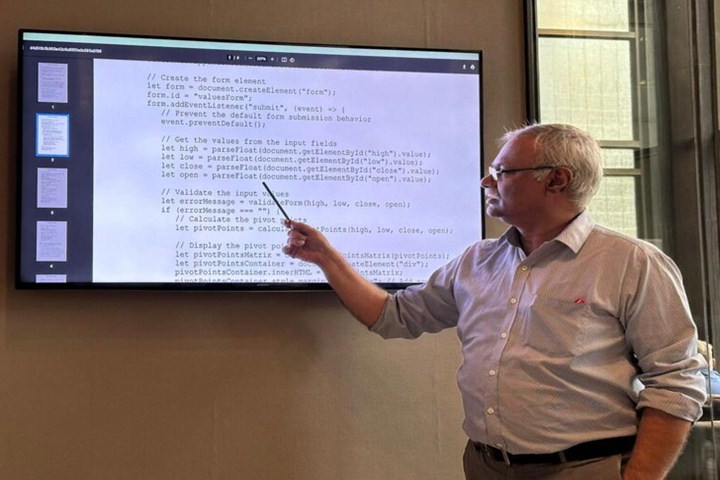Teacher speak
Your kid's struggling with maths. Or science. Maybe both. Year 10 at King Edward VI Camp Hill, Year 11 at Handsworth Grammar—doesn't really matter which school, the pattern's the same. Mock results came back and you thought, well, that's not ideal.
Thing is, they're not lazy. Nobody's lazy, really—that's just what we say when we don't know what else is wrong. Usually it's confidence. Sometimes it's pace. GCSEs now versus ten years ago? Completely different beast. Less memorization, more application. Which sounds good in theory until your teenager's staring at an eight-mark "explain your reasoning" question and genuinely doesn't know where to start.
I work with Birmingham students often. Bright kids. Really bright, actually, which makes it more frustrating when they freeze on multi-step problems. The ones where you have to link photosynthesis with enzymes and energy transfer in one long answer—those are brutal. Can't just regurgitate facts anymore.
So we start somewhere manageable. Fractions, maybe. Or rearranging equations. Sometimes it's just untangling why magnesium reacts faster than zinc (which seems simple until you actually try to explain it clearly). The tech doesn't matter much—online whiteboard, sure, but what actually works is when they ask "Wait, why do we divide by 0.2 here?" and someone answers immediately without making them feel stupid for asking.
Past papers help. We've got maybe 200? AQA, Edexcel, both. Stored somewhere—I should organize them better, honestly. But repetition builds instinct. You see the same question type five times, suddenly it's not scary anymore.
Birmingham's got its own pressure, though. Schools like Bishop Vesey's Grammar, King Edward VI Five Ways—they set these incredibly high standards, which is great until your child's predicted a 6 and everyone's acting like it's a catastrophe because their target was an 8. Parents feel that weight. I get it. I've literally had sessions where kids cried over simultaneous equations. Not even hard ones, just... the principle of them was overwhelming. Then other times, quiet kids who never speak suddenly won't shut up about electrolysis once something finally clicks. Still don't know what made the difference that time.
Online tutoring has this reputation problem. Zoom fatigue, robotic teachers, dodgy internet—all valid concerns, actually. But when it works, it just works. Sessions are flexible, one-to-one, and your kid doesn't spend an hour in traffic to get support. Last week someone joined from their kitchen table in Bournville while their siblings were literally fighting over the TV in the next room. We just muted them and carried on.
Numbers-wise? Students who stick with weekly sessions for about three months usually go up by two grades. That's what we've tracked internally, anyway—not scientific, but consistent enough to mention. One boy from Aston Manor Academy went from a 4 in November mocks to a 7 in the actual GCSE. His mum cried when she called to tell me. Made me tear up a bit too, if I'm honest.
But it's not just about results. That sounds like something you're supposed to say, but it's true. Tutoring's also about creating space where not knowing something isn't embarrassing—it's the entire point of being there.
Worth it? Probably. Not magic, just... translation. Maths and science need translating more than teaching sometimes. And that's what happens here, when it works.




